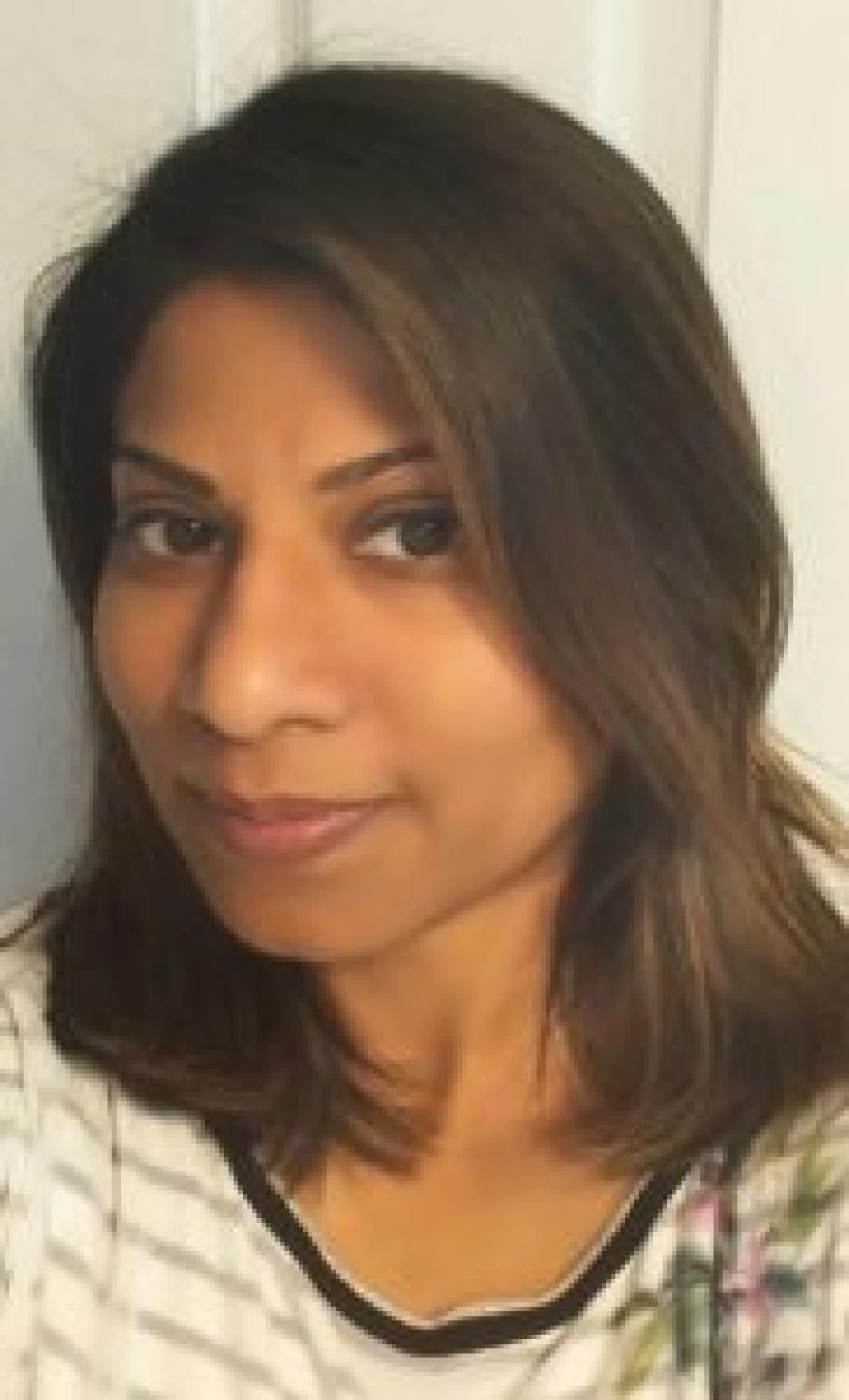The International Pharmacy Graduate Program (IPG) at the Leslie Dan Faculty of Pharmacy helps internationally educated pharmacists transition to the Canadian healthcare system. Maleeha Jahanzeb, a practicing pharmacist in Pakistan, attended the IPG program from 2010 to 2011, and is currently a regional director in a fast-growing pharmacy retail company. The IPG Program equipped Maleeha with the skills, experience, and understanding to succeed and she is now managing 26 pharmacies throughout Ontario, British Columbia and Newfoundland.
The office of Advancement and Alumni Relations had the opportunity to chat with Maleeha about her experiences in the IPG program and her accomplishments.
Why did you decide to take the IPG program?
It was important for me to feel confident that the education and training I had is comparable to any Canadian pharmacy graduate. The best way to achieve that confidence was to go through the program. I got insight into the practice setting that is unique to the Canadian healthcare system. From multidisciplinary hospital practice to community based pharmacy, the program helped me understand the role of a pharmacist and our input in a patient-centric model. After the program, I could walk into any pharmacy feeling the education I received bridged any gaps and I could perform as well as any Canadian graduate.
What was the most important thing you learned in the IPG program?
For me, the most important thing I learned was to make professional judgment that is not just evidence based but also incorporates circumstances, ethics and professional standards. As pharmacists, we are faced with many difficult scenarios each day and ensuring the best outcome for each patient can be tough especially when we are restrained by time, resources and expectations of a fast-paced work environment. Having gone through the exercises in class, I could look back into the discussions and make decisions that I feel comfortable with and show my patients that I will always work for the best health solution for them.
How has the IPG program helped you contribute to the profession of pharmacy?
I feel IPGs come with extensive background knowledge and experience from all over the world. It is amazing to meet pharmacists that have distinctive experiences. In the IPG program we all come together with our strengths and weaknesses and by the end are shaped into practitioners with a consistent approach to patient care in our healthcare system. Studying with colleagues that have a strong business acumen or precise memory of Martindale page by page, drove me to appreciate everyone’s journey. I feel compelled to work harder and feel proud to have gone through the program that helped me develop into a strong community pharmacist.
What do you love most about being a pharmacist?
I always try to do something over and above the job description to make my mark. It could be a fundraiser for an equipment at the hospital or a donation for a local charity. I love that, as pharmacists, we have the platform and a direct contact with the community to help us contribute positively whenever we choose.
__________________________
The IPG Scholarship Committee is fundraising to establish an endowed award at the Faculty to be given out to future IPG students to help them with the financial costs of the program. Thanks to generous IPG Alumni and friends $37,060 has been raised through pledges and payments and the Scholarship is just under $13,000 shy of reaching the $50,000 endowed goal.
Please help us reach our goal by donating to the Scholarship here.
More News
Image

Dean Lisa Dolovich reappointed for second term
Professor Lisa Dolovich has been reappointed for a second term as Dean of the Leslie Dan Faculty of Pharmacy, University of Toronto, effective July 1, 2025, to December 30, 2030.
Read More
Image

Pharmacy Summer Camp gives high school students insight into pharmacy profession
A new summer camp based at the faculty will give high school students a range of experiences in pharmacy and pharmaceutical sciences.
Read More
Image

Team GloveLift wins 2025 Business Plan Competition with innovative medical device
PharmD students win $5,000 prize for their innovative medical device concept aimed at improving patient care.
Read More
